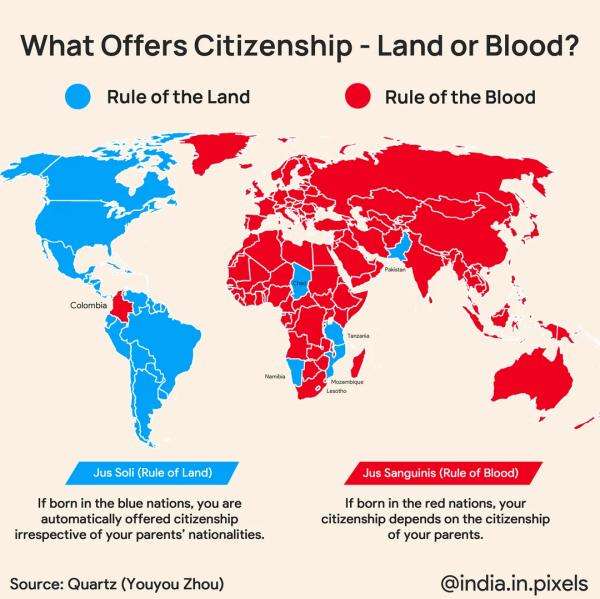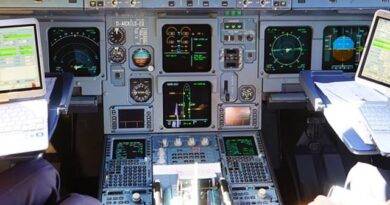What Citizenship Do Babies Born on Airplanes Receive?
The birth of a baby at 30,000 feet is a rare and remarkable event, raising questions about the nationality of the newborn. This unique situation is governed by a complex interplay of international law, airspace regulations, and the policies of individual countries. Here’s an in-depth exploration of how nationality is determined for babies born on flights, what citizenship do babies born on airplanes receive?
The Three Key Determining Factors
1. Jus Soli: Right of the Soil
Some countries, including the United States, Canada, and many Latin American nations, grant nationality based on the location of the birth. This principle, known as jus soli, extends to births that occur in their airspace. For example, a baby born over U.S. airspace would automatically be granted U.S. citizenship.
However, not all nations following jus soli apply it to airspace. In some cases, laws specify territorial boundaries, which may exclude airspace births from automatic citizenship.
2. Jus Sanguinis: Right of the Blood
In many parts of Europe and Asia, including countries like Germany, China, and the United Kingdom, citizenship is derived from the parents’ nationality (jus sanguinis). A baby born on a flight over these regions would inherit the citizenship of one or both parents, irrespective of the flight’s location.
For example, a child born to French parents in German airspace would be French, provided Germany’s jus sanguinis policies are upheld.

3. Aircraft Registration and International Waters
When a baby is born in international airspace or over international waters, determining nationality becomes more nuanced. In these cases, the baby’s nationality may default to the country where the aircraft is registered. This rule is derived from the 1944 Chicago Convention on International Civil Aviation, which assigns aircraft a legal nationality.
However, this principle is often invoked as a last resort, primarily to prevent statelessness. For instance, a child born on an aircraft registered in Japan over international waters could claim Japanese nationality if no other criteria are met.
| Factor | Definition | Example Countries | Application |
|---|---|---|---|
| Jus Soli (Right of Soil) | Citizenship is granted based on the location of birth (airspace included). | United States, Canada, Brazil | A baby born over U.S. airspace automatically receives U.S. citizenship. |
| Jus Sanguinis (Right of Blood) | Citizenship is granted based on the nationality of one or both parents. | Germany, China, United Kingdom | A baby born over German airspace to French parents receives French citizenship. |
| Aircraft Registration | Citizenship is granted based on the country where the aircraft is registered (as a last resort). | Varies (based on aircraft registration country) | A baby born over international waters on a Japanese-registered aircraft may receive Japanese citizenship. |
Unusual Scenarios and Real-World Cases – Babies Born on Airplanes
Several notable cases highlight the diversity of outcomes for in-flight births:
- In 1997, a baby born on an Alitalia flight over Indian airspace received Italian citizenship because the aircraft was considered Italian territory.
- During the U.S. evacuation of Afghanistan in 2021, a baby born on a military C-17 transport inherited Afghan citizenship, as the aircraft did not qualify as U.S. territory.
Legal Frameworks and Challenges
The United Nations’ Role
The 1961 Convention on the Reduction of Statelessness ensures that no child is left without citizenship. Under this treaty, if a baby cannot claim nationality via jus soli or jus sanguinis, the country of aircraft registration must grant citizenship.
Airline and National Policies
Airlines often discourage travel during the final trimester to avoid these legal complexities. Nevertheless, exceptions and emergencies occasionally result in mid-air deliveries.
Final Thoughts
The nationality of a baby born on a flight is a fascinating intersection of aviation, international law, and human rights. While each case depends on specific circumstances, international agreements and national laws generally ensure that these “sky-born citizens” are not left stateless.
Recommended Article: What Is an Emergency Landing?


